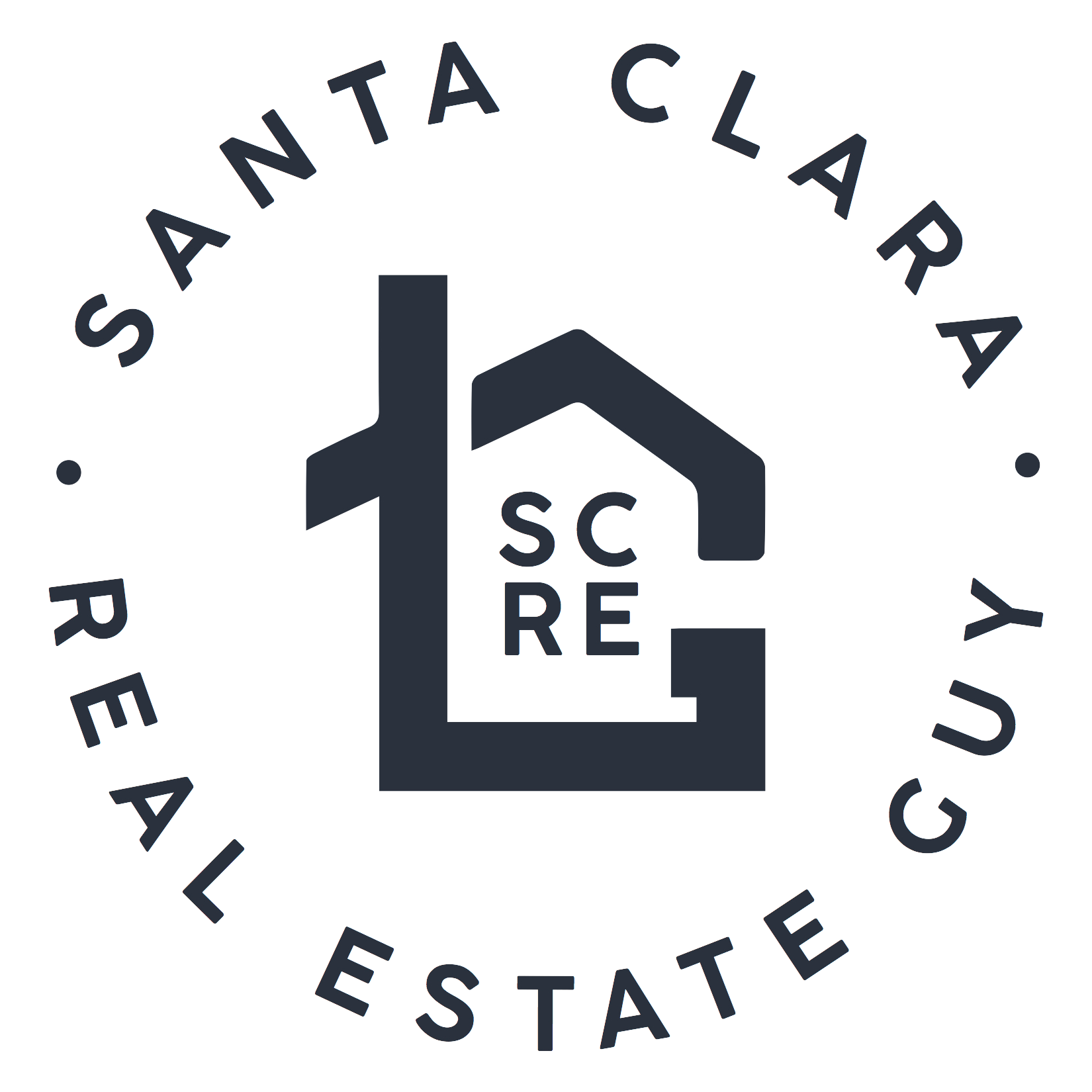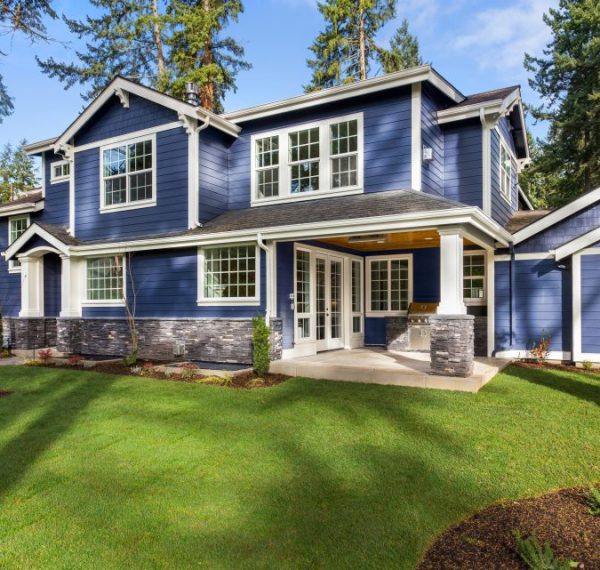On November 3rd, California voters approved Proposition 19, a measure designed to give homeowners more freedom to change residences while closing tax loopholes on inherited properties.
The measure, set to go into effect early next year, has two distinct parts, the first of which allows homeowners who are 55 or older, disabled, or lost their home in a natural disaster to transfer their tax base to a new home up to three times anywhere in California.
Previously, homeowners could only take advantage of a tax base transfer once in their lifetime, and only if they bought a replacement home in certain California counties.
The second part outlines the requirements for retaining tax basis in family transfers, which is now limited to transferring a primary residence to a child or grandchild for continued use as a primary residence.
Frequently Asked Questions about Prop. 19
Who does this affect?
The new law has long-lasting implications for homeowners, inheritors, firefighters, and local governments. Homeowners benefit from the the ability to transfer their tax base and move into a new home, while inheritors are subject to more limitations on properties they receive from parents and grandparents. The California State Controller is required to deposit 75 percent of the calculated revenue to the Fire Response Fund and 15 percent to the County Revenue Protection Fund.
What does this mean for homeowners?
Homeowners can transfer the tax basis of a sold primary residence to a replacement primary residence up to three times. These transfers are unlimited for those whose homes were destroyed or substantially damaged by fire. If the replacement home is of equal or lesser value, the tax base remains the same. The sale of the original home must happen within two years of buying the replacement replace residence, and homeowners can purchase their new residence before their current residence sells.
Complete Selling Solution
We handle it all, at no upfront cost to you.
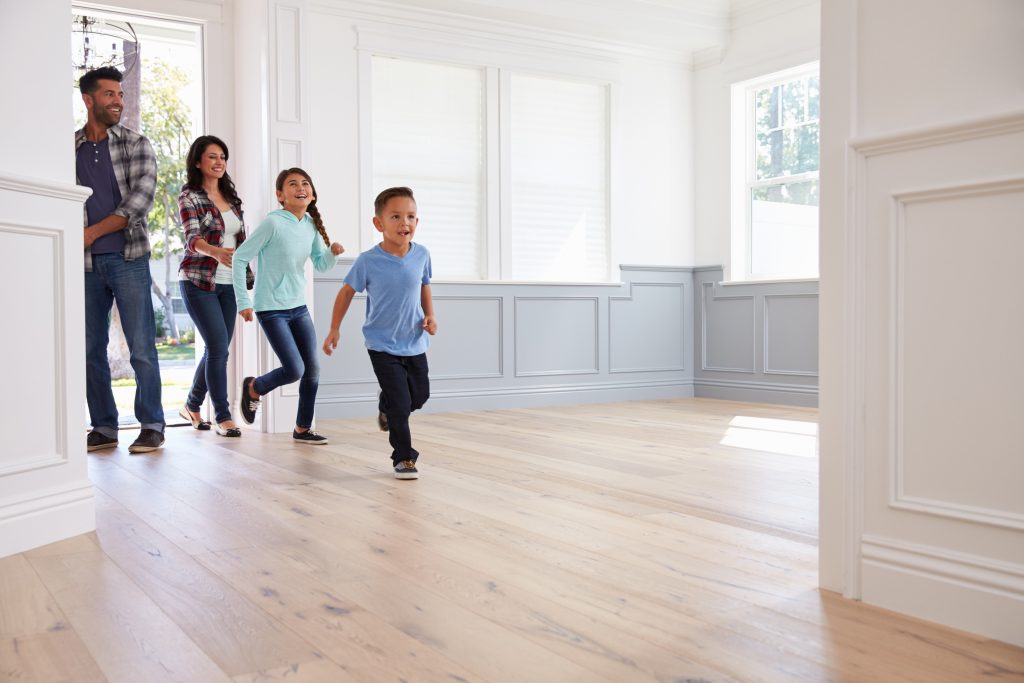
Home Evaluation
We’ll take a look at your home and assess what improvements can be done to get the best return on your investment. We’ll perform a Market Analysis of your home and determine an effective selling strategy to get your home sold quickly and for top value.

Home Preparation
Our team will manage it all. After we have set up a plan and assessed the costs with you, our team of in-house contractors and designers will get the job done so you don’t have to worry about the details and can defer the cost to close. We’ll bring in our preferred vendors to get your house on the market on budget and on time.

Complimentary Staging
From delivery, set-up, furniture rental, and removal- we cover the entire cost of staging. Our complimentary in-house stagers work with your needs and know exactly what to do to get your home noticed by buyers. You can rest easy knowing that your house will shine and it won’t cost you a thing.

Exposure Marketing
As soon as you sign with us we are marketing your home to potential buyers and agents. We use targeted email and social media audiences to develop an interest list, so when you hit the MLS we already have buyers waiting to see your home.
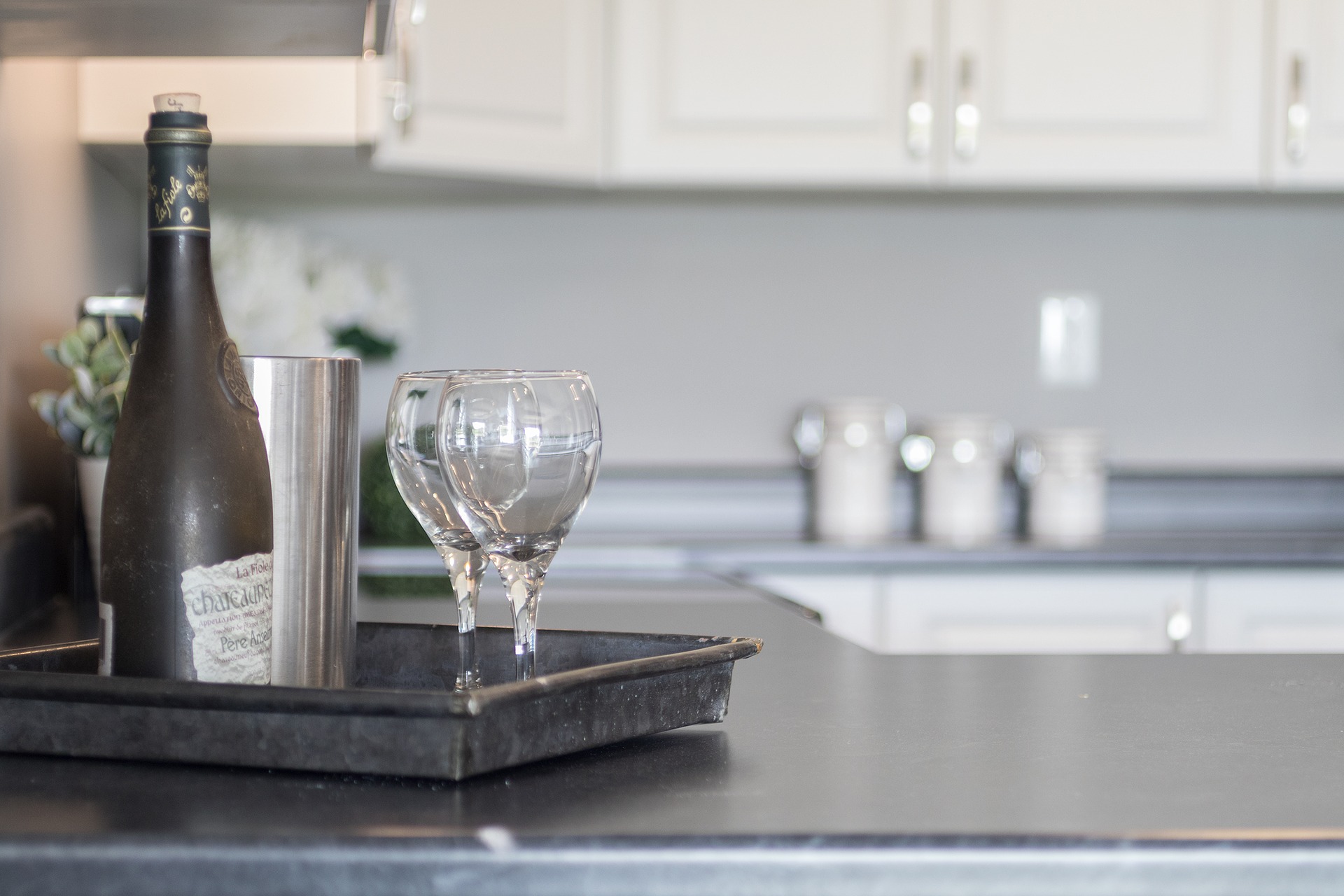
Listing Strategy
We know the market and how to position your home to get it sold. We will price your home effectively, drive traffic to open houses, generate multiple offers and negotiate the best price and terms to complete your sale.
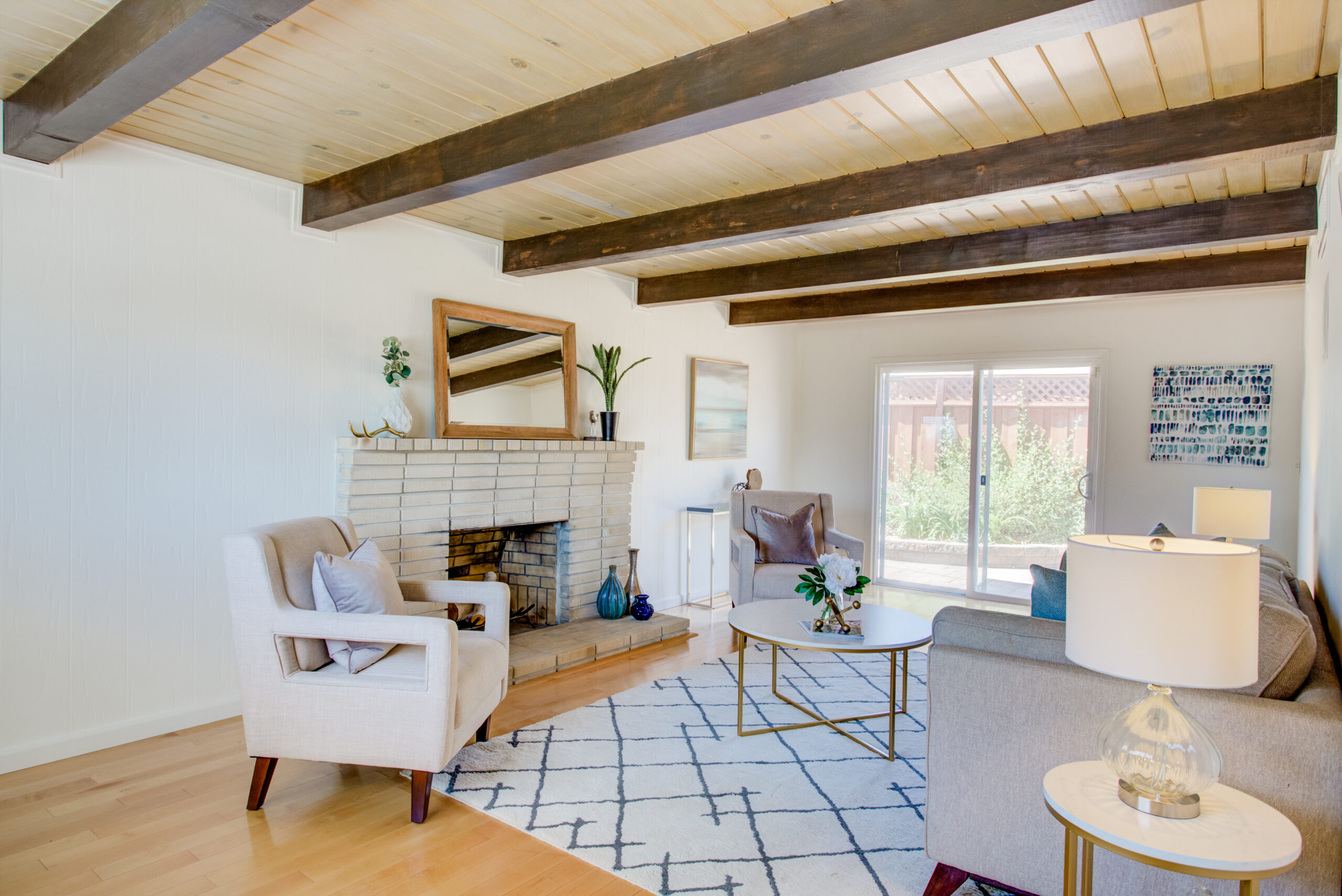
Escrow to Close
Once we decide on the right offer to sell your home, we will settle on a close date and begin escrow. We’ll handle all the details to make sure the process runs smoothly and keep you updated along the way so that you can focus on your move.
What if the replacement home is more expensive than the sold home?
If the replacement home is of greater value, the new tase base follows this formula:
[value of new home – value of old home] + [old tax base] = [new tax base]
If a homeowner with a tax assessment of $300,000 on their house sells for $900,000, then moves to a home worth $1.3 million, their new tax base is $400,000 (the difference in value) plus the original home’s $300,000 tax assessment. The new home retains a tax basis of $700,000.
What does this mean for inheritors?
Inheritors who receive a primary residence from a parent or grandparent will be able to retain the same tax base so long as the property continues to be used as a primary residence. Even in this case, the residence is subject to some upward adjustments if the new property value is more than $1M over the original tax basis. Family farms are exempt from these restrictions.
When do these changes take place?
How does this affect purchases and sales made before April 1, 2021?
Whether it is buying or selling a property, we encourage seeking the advice of a qualified California real estate attorney or tax advisor for personalized guidance.
Contact Me Today
Have a question? Interested in setting an appointment to talk about your real estate plans? Contact me today.




